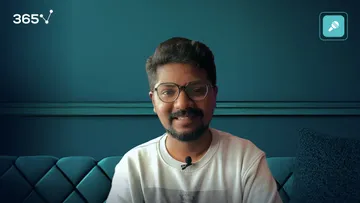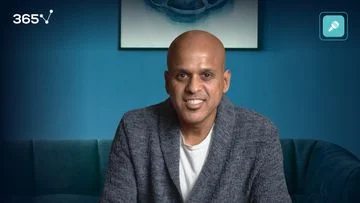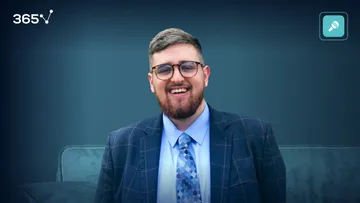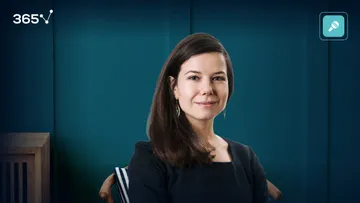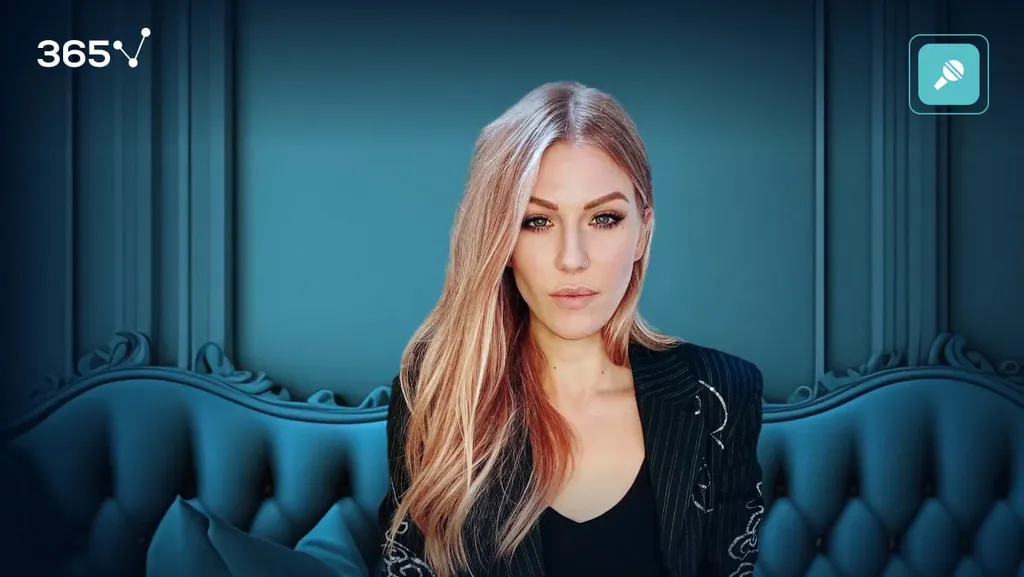
Breaking into data science is a long and winding road that requires technical and soft skills and a lot of resilience. We spoke to renowned industry experts and well-liked names in the data science community to discover how and when they knew they had what it takes for a career in the field. They shared their stories and the qualities they developed to succeed.
In this interview, we introduce you to data science leader Carly Taylor, who transitioned into data science after finishing her master’s in chemistry. She shares tips on excelling in a data science career with her LinkedIn community of over 87K followers. Learn more about her journey and her advice for aspiring data scientists.
Interview with Carly Taylor
Would you please tell us a bit about your background and journey into data science?
My background is in chemistry. I pivoted into data science after finishing a master’s degree in computational chemistry. I then completed a data science bootcamp to upskill quickly.
When did you know you have what it takes?
Do I have what it takes? I guess I do. Sometimes I feel like I have imposter syndrome. I finally felt at home once I was promoted from junior data scientist and knew I could handle real-life data science problems.
As a data scientist, one needs strong analytical thinking and a lot of technical know-how. What skills did you start with, and how did you develop them to meet the role requirements?
I already had a fairly strong analytical and mathematical mindset. I worked as an analytical chemist before returning to grad school, where I learned to code. It was just about putting the pieces together and learning the “language” of data science and ML. The bootcamp was perfect for that.
Learning is a lifelong process—especially in a field that’s as dynamic as data science. Is there something new you’d like to learn more about or become better specialized in?
I would love to learn more data engineering concepts. I always think about scaling up my work and integrating it with our tools better. Data engineering is still a hot field where I would like to upskill more.
As an expert in the field, you must have an ample idea of the qualities a person needs for data science. What would you say those are?
Resilience, communication, and determination.
Resilience helps you stay strong in a competitive job market, communication helps you land and keep a job, and determination helps you push through to solve tough problems.
As the industry develops, the demand for skilled data scientists grows exponentially. What gives an aspiring data scientist a competitive edge in 2023?
Focus on soft skills in conjunction with technical skills. The best data scientists can communicate their results and, as a result, will grow quicker than those who can’t.
We want to thank Carly for taking the time to provide valuable insights into what it takes to be a data scientist. Check out her website, Rebel Data Science, where she aims to democratize data with a refreshingly authentic approach to educating people and brands working on AI.
Our aim at 365 is to equip you with the tools and give you the necessary guidance to succeed. Designed never to let you give up, the 365 Data Science platform has what you need to develop your qualities and skills.
Go from a beginner to a skilled professional who creates data-driven value. Study the statistics and probability theory behind data science with online courses led by our renowned instructors, and master sought-after skills like Excel, SQL, and Tableau. Prove you’ve got what it takes with industry-recognized certificates.
